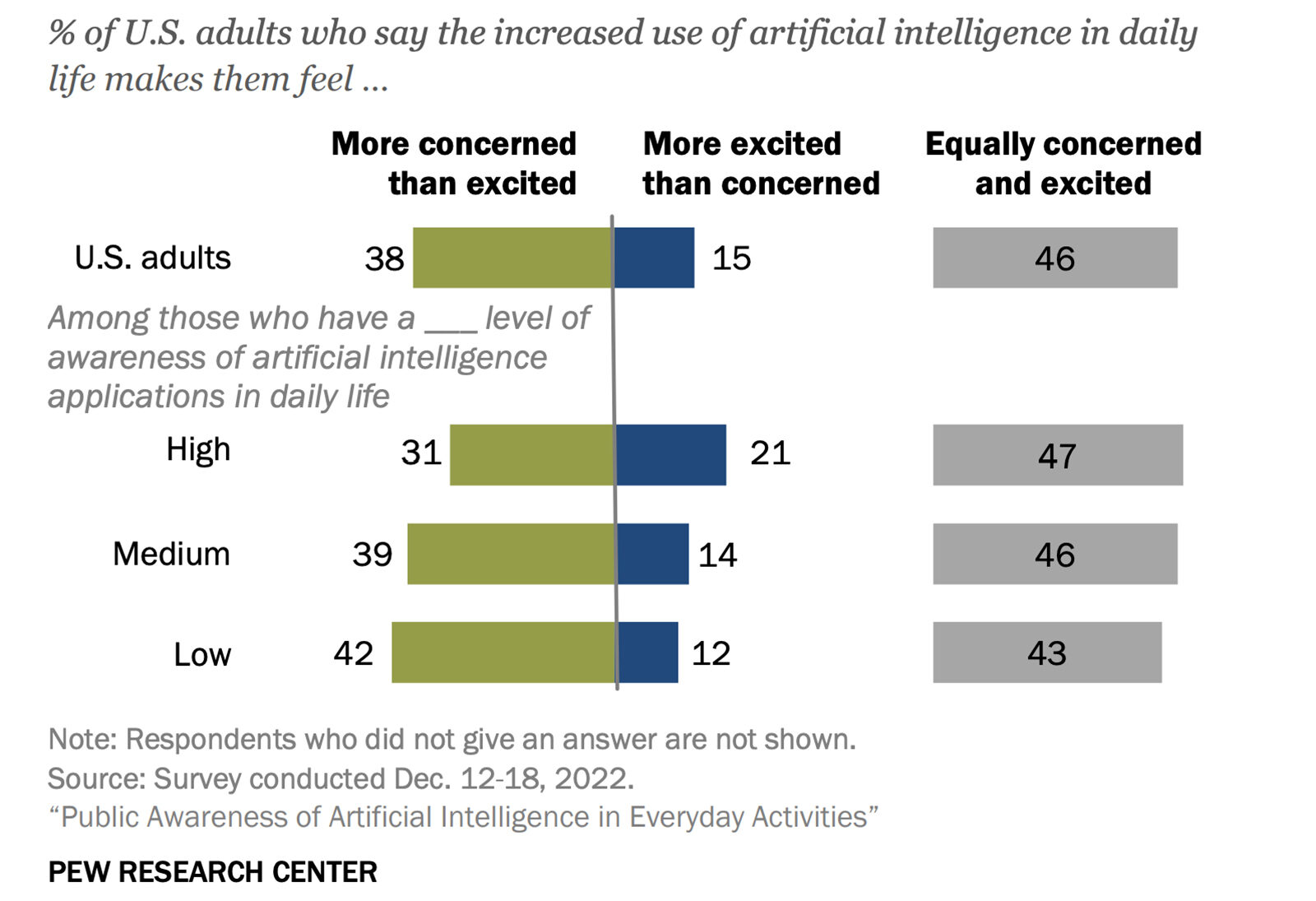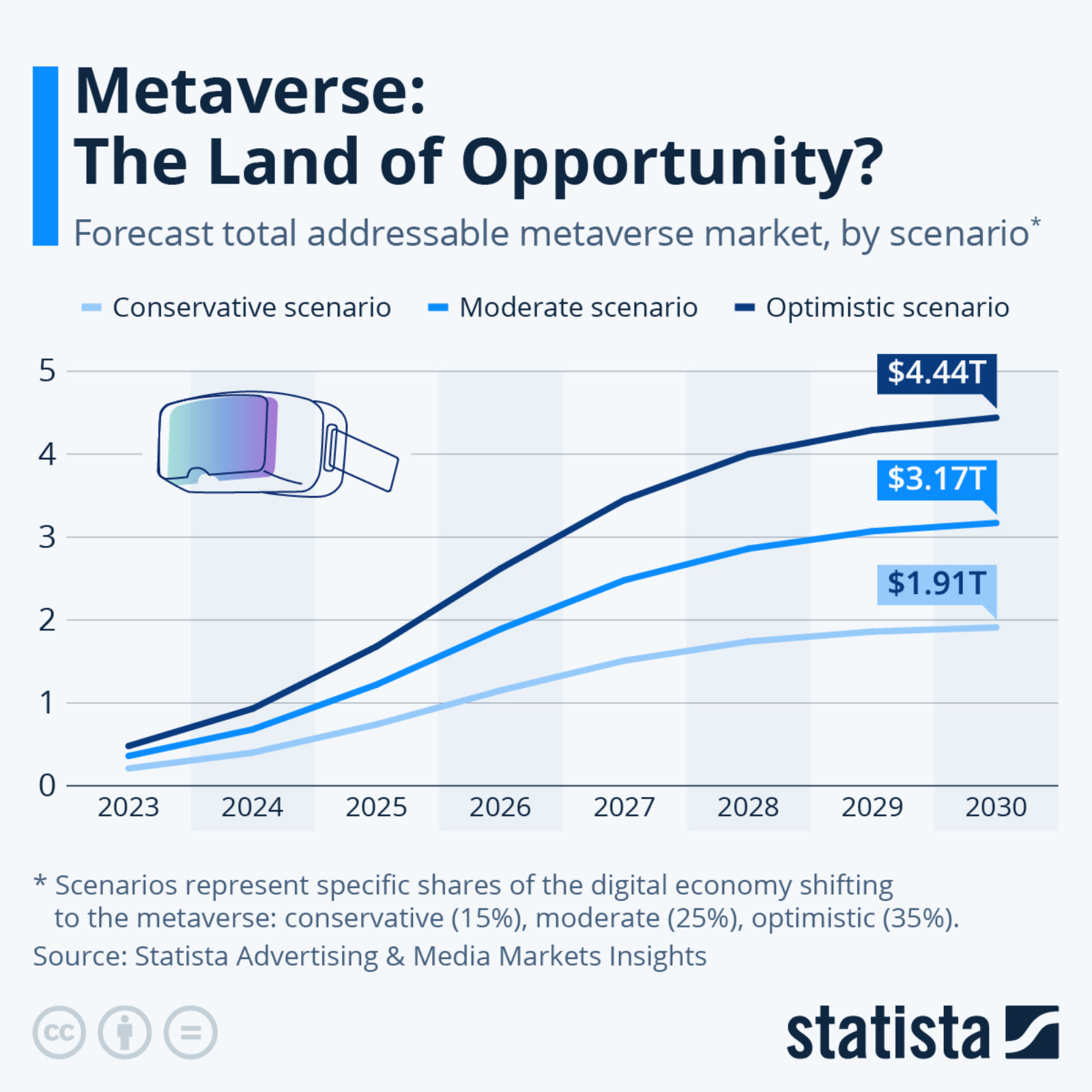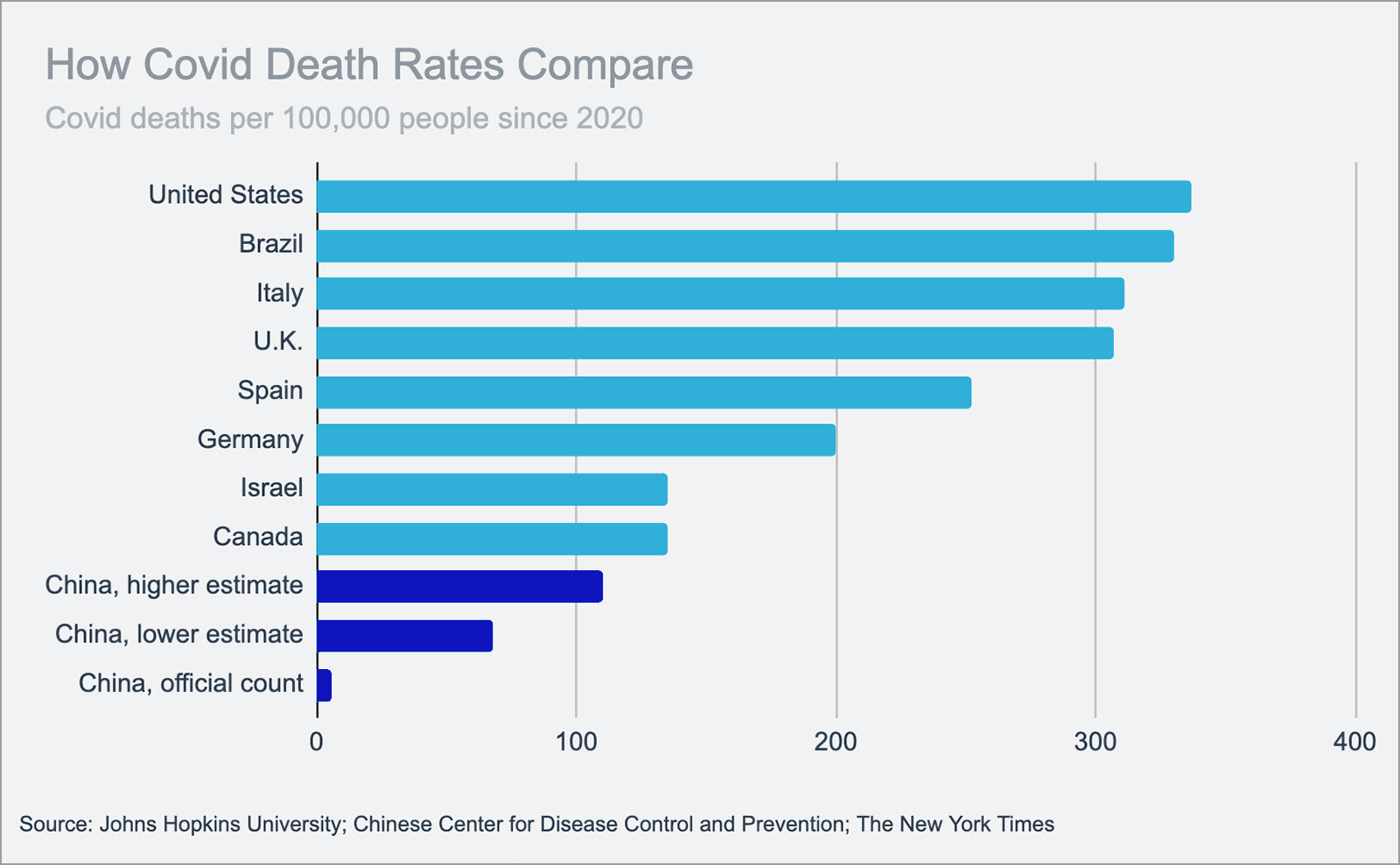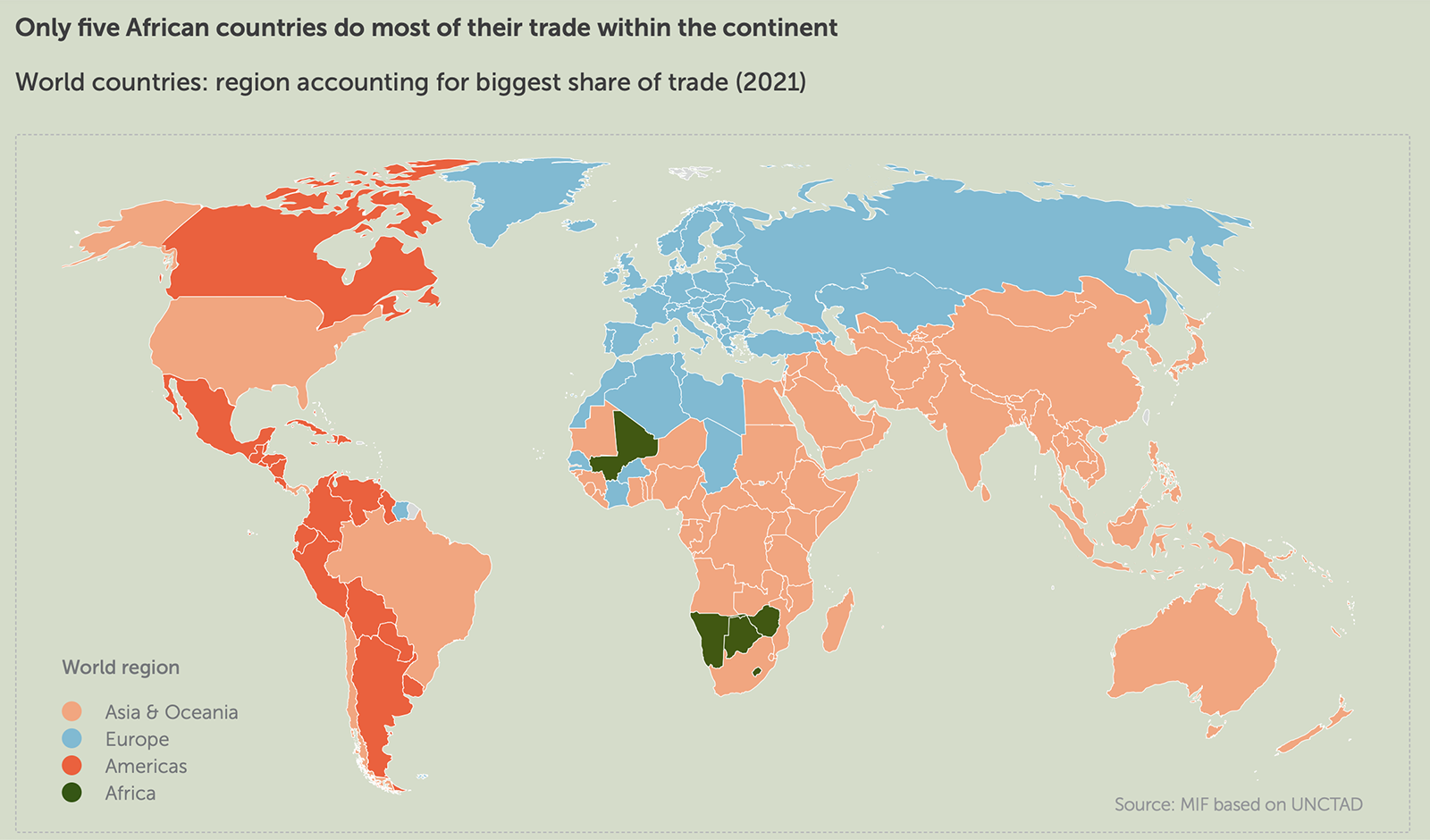The Metaverse: Regulating an Uncharted Territory
The metaverse is an immersive digital universe that will transform the way societies interact, work, and live. Presently, this decentralized platform is highly unregulated; while some existing regulations may apply, they often lack specificity to protect users from unique harms.
Some of the biggest legal issues in the metaverse include data privacy and cybersecurity (almost one in two users are concerned about identity privacy), fraud, and intellectual property (IP) loss. While some existing laws may apply to the metaverse (personal data protections, IP, and contract law), they often fall short in the virtual realm due to anonymity and jurisdictional complications. Some governments have expanded the scope of existing regulations (U.S.’s Bank Secrecy Act), and others have enacted new regulations (UAE’s Virtual Asset Law) to specifically address metaverse concerns.
The metaverse is expected to grow at a CAGR of 50.7% from 2022-2030. As regulators play catch-up, they must strike a balance between enabling innovation and protecting users from harm. All stakeholders — lawmakers, regulators, architects of virtual spaces, and businesses — will need to work together to appropriately regulate this rapidly evolving landscape.





